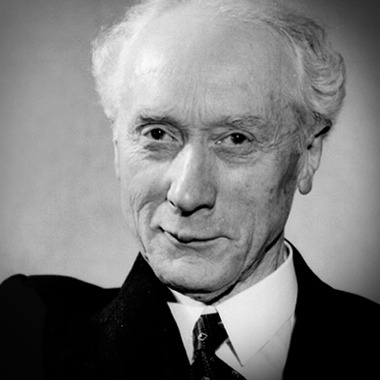

The Alexander Technique was discovered and developed by F. Matthias Alexander (1869 – 1955). An Australian actor, F. M. Alexander developed severe laryngitis at the prime of his career. When voice teachers and physicians were not able to provide effective, long-term solutions, he began to observe himself in a wide range of activities. He hypothesized that he must be “doing” something to cause his difficulties, and then determined that he was in fact “doing” something. He was unconsciously habitually pulling his head back and down onto his spine, causing a contraction of his whole torso and creating excess tension on his larynx which led to his laryngitis. The Alexander Technique is the process he used to become aware of and correct the “misuse” of “himself” to cure his vocal issues.
However, the implications of the work turned out to be far greater than solving laryngitis. In the beginning, he shared his technique with fellow actors who had similar vocal and breathing troubles. It was soon clear that many other ailments (physical and emotional) resolved through Alexander’s technique, and he began to receive referrals from physicians as well as his colleagues. Alexander departed Australia in 1904 for England, where he eventually taught his technique to many others, including notables such as George Bernard Shaw, Aldous Huxley, John Dewey and Raymond Dart. Initially, F. M. trained his brother A. R. Alexander to help him teach the Technique, but he did not open a formal teacher training course until 1931. Today, standard teacher training encompasses a required 1600 training hours over a minimum three year course. Presently, there are training centers and Alexander Technique teachers all over the world.
The Technique is most well-known in the performing arts world and is part of the curriculum at many renowned music and acting programs including Julliard’s School of Music and of Theatre, Royal Academy of Dramatic Arts, Royal Academy of Music, NYU Tisch School of the Arts, UCLA School of Theater, Film & Television, Cal Arts, and USC’s theater program. It is also found in integrative and alternative medical settings throughout the country, including the Dan Abraham Healthy Living Center, part of the Rochester, MN Mayo Clinic, as well as the University of Pittsburgh Medical Center.
"Prevent the things you have been doing and you are half way home."
"You are not here to do exercises or to learn to do something right, but to get able to meet a stimulus that always puts you wrong and learn to deal with it."
"Trying is only emphasizing the thing we know already."
"You can't do something you don't know, if you keep on doing what you do know."
"Change involves carrying out an activity against the habit of life."
